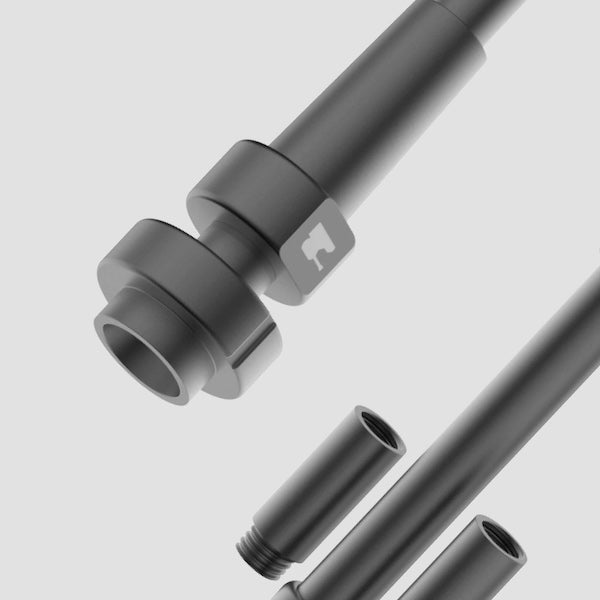If you’ve tried more than once to give up smoking tobacco, then you’re probably familiar with nicotine withdrawal. Interestingly enough, recent research has shown that CBD can help you break the habit. Because of the highly addictive nature of nicotine (it’s one of the world’s most addictive substances), it can be extremely difficult to quit smoking cigarettes. In fact, according to NIDA (the National Institute on Drug Abuse), only 6 out of every 100 cigarette smokers are able to stop smoking them in any given year.
To combat addition to tobacco, pharmaceutical companies have a plethora of smoking cessation devices, nicotine patches and gum while e-cigarettes were considered the healthier alternative. However, all of the cessation methods still left people with the nicotine addiction that leads to withdrawal symptoms.
Symptoms of Nicotine Withdrawal
Nicotine withdrawal symptoms are typically the strongest during that first week after you quit smoking. Consequently, this is also when relapse is the most likely to occur. You can expect to experience the following nicotine withdrawal symptoms when you quit:
- anxiety
- chills
- fatigue
- headaches
- heightened stress
- increased stress
- intense cravings
- irritability
- mood swings
- sleep disturbances
- sweating
Although there are e-cigarettes and numerous nicotine-based products that will help you reduce your cravings, recent research has shown that CBD is not only useful in helping a person quit smoking, it’s a very powerful tool as well.
What the Research told Us
The University College of London conducted 2 interesting studies on the topic of using CBD to quit smoking. The first study involved 24 smokers, 12 of which used a CBD inhaler while the other 12 used a placebo inhaler whenever they had nicotine cravings. The research showed that the subjects who used the CBD inhaler decreased their tobacco consumption by 40% while the ones using the placebo experienced no significant change in their smoking habits.
The second study occurred 5 years later in 2018 and was a double-blind, randomized study involving 30 participants. Some were given 800mg of CBD in oral form while others were given a matched placebo. They were then shown pictures of tobacco and checked for cravings and signs of withdrawal. Furthermore, their blood pressure and heart rate were also checked. What they found was that the 800mg dose of CBD helped to reduce the positive responses to the pictures while the ones who used the placebo experienced no change.
In closing, most nicotine smokers have specific triggers such as having a cigarette with their morning cup of coffee or sneaking out from work when they felt anxiety or stress on the job. Over time, specific feelings, habits, or images often become associated with the release of nicotine into the system that smoking cigarettes provides.




